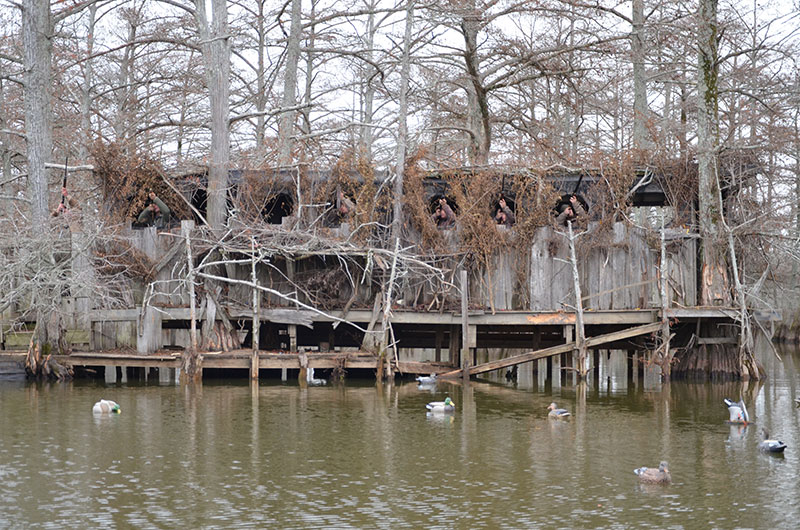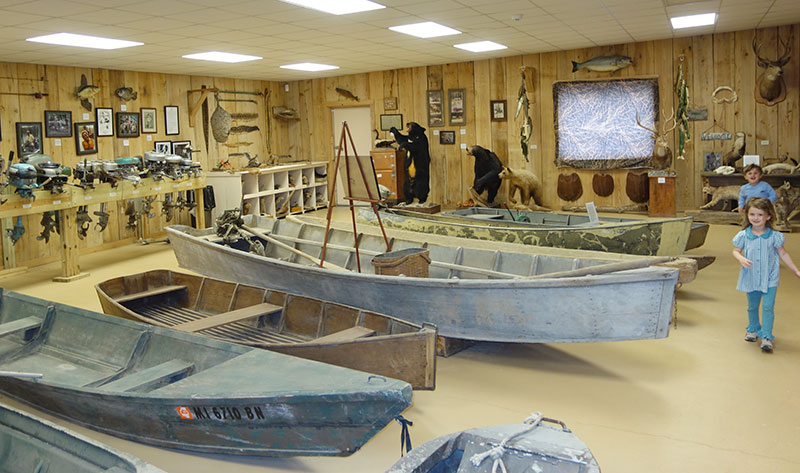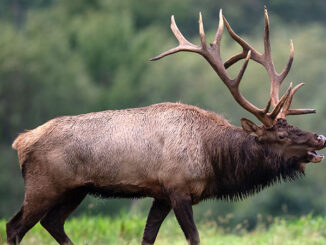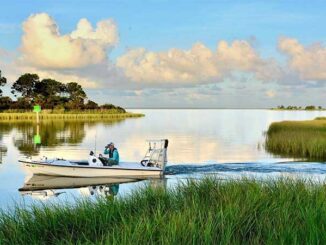Waterfowl hotspot off the big river offers a lot more than just duck hunting
Beyond the thick cypress trees slowly converting this ancient river channel into swamp, quacking reverberated through the shrouding fog blocking the rising sun on this chilly Mississippi dawn.
Inside the blind overlooking a swamp pothole, we tensed for action. Guides with Beaver Dam Hunting Services skillfully began calling the mallards closer. Soon, about 20 colorful greenheads and their tawny mates burst through the fog almost on top of us.
Over millennia, the Mississippi River built a well-watered alluvial floodplain dominated by numerous oxbows, bayous and bottomlands. Periodic floods recharged and fertilized ancient oxbows. Today, the Mississippi Delta spreads across nearly 7,000 square miles of the Mississippi River Alluvial Valley, one of the most critical wintering waterfowl habitats in North America.
“The best duck hunting in the state occurs in the Mississippi Delta Region,” said Houston Havens, the Mississippi Department of Wildlife, Fisheries and Parks waterfowl program coordinator. “Hunting success in the Mississippi Delta largely depends upon water conditions and how many birds came down the river.”
Duck interstate
Eons ago, the unpredictable river changed course, leaving behind numerous oxbow lakes including Beaver Dam Lake. Now, the ancient oxbow sits eight miles from the river and covers about 1,500 acres five miles south of Tunica, Miss., still close enough to the biggest waterfowl highway in the continent.
“The Mississippi River is a big interstate for migrating ducks,” said Mike Boyd with Beaver Dam Hunting Services (662-363-6288, www.beaverdamducks.com). “Ducks have been coming here for eons. It’s in their instinctive maps. Beaver Dam Lake has been a good duck hunting spot for a long time and it’s still good. It’s one of the few places where people can hunt ducks every morning out of the same blind and kill birds. When a cold front comes through, we get a lot of new flight birds migrating through the area.”

In the old days, waterfowlers came down from Memphis by horse or steamboat to hunt Beaver Dam Lake. In the 1880s, a railroad made the trip easier. Now, U.S. Highway 61 passes close to the lake.
Among the many prominent sportsmen who hunted Beaver Dam Lake came “De Shootinest Gent’man” himself — Theophilus Nash Buckingham, one of the most beloved outdoor writers of the early 20th century. Mr. Nash’s father helped found the Beaver Dam Ducking Club in 1882, so young Nash grew up hunting the lake.
“God made Beaver Dam Lake, but Nash Buckingham made it famous,” Boyd quipped. “Nash hunted this area quite a bit in his early years. Later, he frequently hunted with Horace Miller.
“The original Beaver Dam Ducking Club clubhouse was destroyed in a storm years ago, but Miller’s old house still stands. Nash’s writings still have a big following around here. He brought the life and vernacular of that day alive.”
Since it no longer connects to the Mississippi River, the only access to the lake goes through private lands. Beaver Dam Hunting Services operates blinds on the lake. One blind overlooks a pothole dubbed “The Cloverleaf Hole,” so named by Mr. Nash himself.
Guests hunt the flooded timbers from spacious blockhouses reached after a short boat ride. Boyd and his staff can even prepare hot coffee and biscuits in small kitchen areas in the blinds. Waterfowlers mostly shoot mallards, but the bag might also include gadwalls, green-winged teal, wood ducks and other species.
Farmhouse accommodations
Hunters can stay in farmhouses a short distance from the lake. The guide service does not provide meals, but guests can prepare their own in full kitchens. The houses also come with barbecue grills and fire pits. Visitors can find additional lodging, restaurants and other services in Tunica and other nearby towns.

For the do-it-yourselfers, the region offers abundant public hunting options. Many people hunt the rivers, like the Yazoo or Big Sunflower. Some state wildlife management areas also attract ducks. These include the Sunflower, Howard Miller, Mahannah and Muscadine Farms WMAs.
“We manage quite a bit of bottomland hardwood habitat,” Havens said. “Mahannah and Howard Miller usually rank among the highest waterfowl harvest areas in Mississippi.”
Fishermen can also make great bass, crappie and other catches in numerous lakes. Some top Delta lakes include Albemarle, Chotard, Eagle, Tunica and Washington.
While in the area, take advantage of the rich historical and cultural heritage of the Delta. Music lovers should visit the Grammy Museum (www.grammymuseumms.org) in Cleveland.
The Biedenharn Coca-Cola Museum (biedenharncoca-colamuseum.com) in Vicksburg displays many exhibits and memorabilia documenting the history of the popular drink. While in Vicksburg, Civil War buffs should visit the Vicksburg National Military Park (www.nps.gov/vick/index.htm) where Union and Confederate armies battled over the “Gibraltar of the Confederacy.” See the U.S.S. Cairo exhibit. In Tunica, (www.tunicatravel.com) visit the Tate Log Home Museum. The oldest structure in Tunica County dates to 1840. Several casinos in the Tunica area provide food, lodging and entertainment. To plan your Delta visit, see www.visitthedelta.com.
Any outdoors enthusiasts should visit the Mississippi Wildlife Heritage Museum (msoutdoorhalloffame.com) in Leland. The museum documents the rich outdoors heritage of Mississippi and home of the Mississippi Outdoors Hall of Fame honoring men and women who greatly contributed to the knowledge and conservation of that heritage.
The Mississippi Delta region can create incredible new memories for those who follow in the footsteps of a waterfowl legend.


